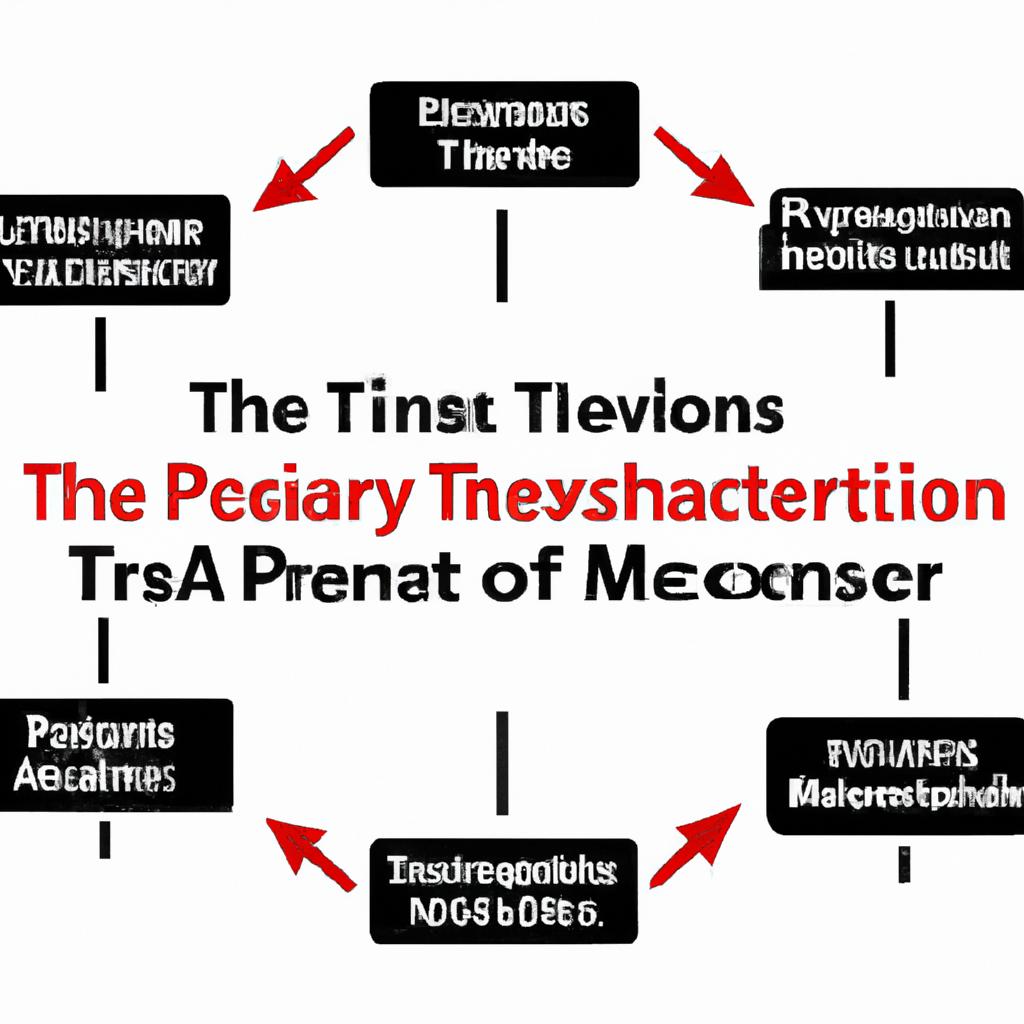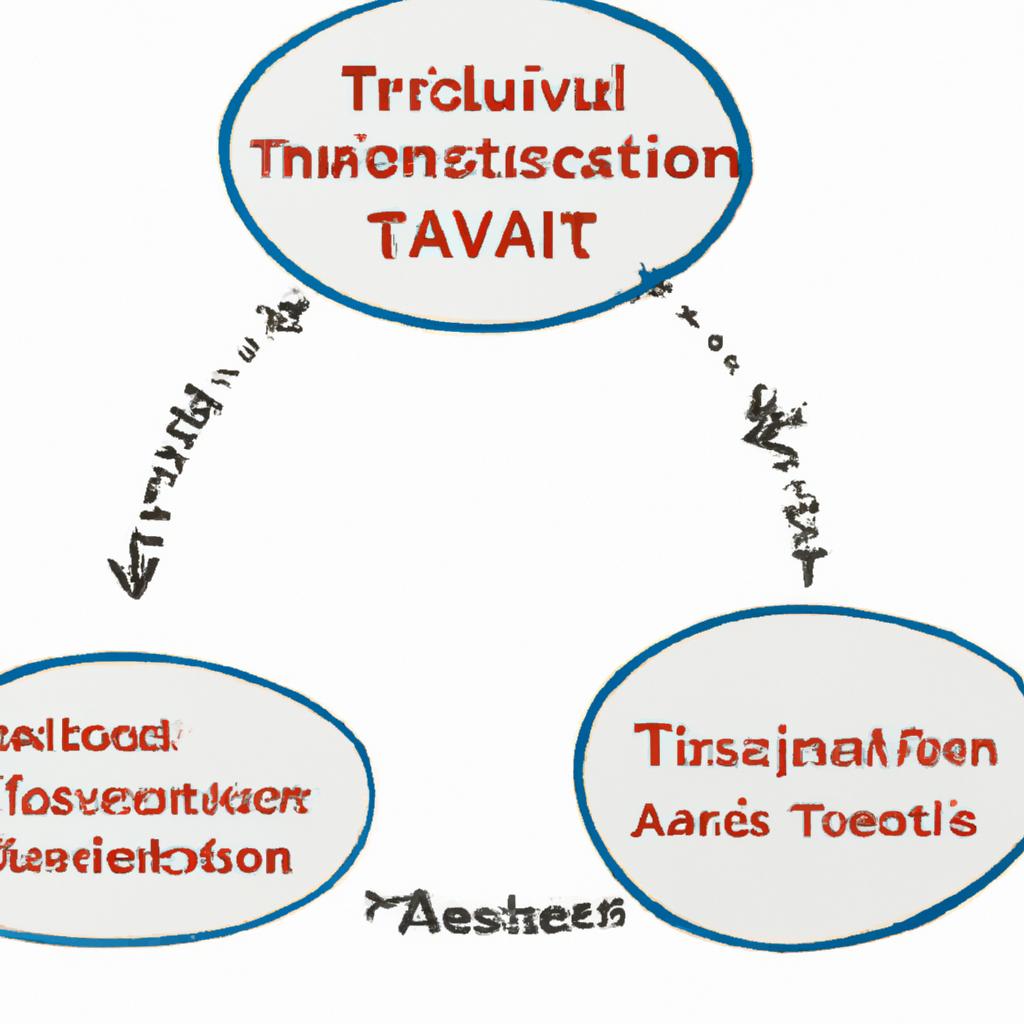Within the intricate web of legal processes and regulations, lies the often daunting task of transferring property after death. As practiced attorneys at Morgan Legal Group, located in the bustling city of New York, we navigate the nuances of estate planning, probate, elder law, Wills, and trusts with precision and care. Join us as we delve into the complexities of posthumous property transfers, unraveling the legal intricacies that govern the distribution of assets upon one’s passing.
Understanding the legal process of probate and transfer of property
Probate Process:
When an individual passes away, their property must go through the probate process before being transferred to beneficiaries. The probate process involves validating the deceased person’s will (if one exists), paying off any outstanding debts and taxes, and distributing the remaining assets to the beneficiaries as outlined in the will. It is important to note that not all property goes through probate, as assets held jointly or with a designated beneficiary typically bypass this process.
- Validate the will
- Pay off debts and taxes
- Distribute assets to beneficiaries
Transfer of Property:
Once the probate process is complete, the transfer of property can begin. This involves legally transferring ownership of the deceased person’s assets to the designated beneficiaries. Depending on the nature of the assets, this can include transferring real estate titles, changing ownership of financial accounts, and updating beneficiary designations on insurance policies. It is crucial to follow the proper legal procedures to ensure a smooth and legally binding transfer of property after death.
- Transfer real estate titles
- Change ownership of financial accounts
- Update beneficiary designations on insurance policies

Key considerations for naming beneficiaries and executors in estate planning
When considering naming beneficiaries and executors in estate planning, it is crucial to carefully select individuals who will act in your best interests and carry out your wishes after your passing. One key consideration is to choose beneficiaries who are responsible and trustworthy, as they will be receiving your assets. Additionally, it is important to think about the potential impact of taxes and inheritance laws on your beneficiaries. Consulting with an experienced estate planning attorney can help you navigate these complexities.
Choosing the right executor is also a critical decision in estate planning. The executor will be responsible for administering your estate and ensuring that your assets are distributed according to your wishes. It is essential to select someone who is organized, detail-oriented, and capable of handling legal and financial matters. Consider discussing your decision with potential executors before naming them to gauge their willingness and ability to fulfill the role effectively.

Strategies for minimizing tax implications in property transfers after death
When it comes to transferring property after death, there are several strategies that can help minimize tax implications and ensure a smooth transition of assets. One key strategy is to establish a revocable living trust, which allows your assets to avoid probate and be distributed according to your wishes. By placing your property in a trust, you can also reduce estate taxes and ensure privacy for your beneficiaries.
Another effective strategy is to gift property during your lifetime, as this can help reduce the overall value of your estate and lower potential estate tax liability. You can also take advantage of the annual gift tax exclusion, which allows you to gift up to a certain amount each year to an unlimited number of recipients without incurring gift tax. By carefully planning and utilizing these strategies, you can minimize tax implications and maximize the value of your property transfers after death.

Navigating the complexities of trust administration and asset distribution
When it comes to the transfer of property after death, can be a daunting task. As experienced lawyers in estate planning, probate, elder law, Wills, and trusts, we at Morgan Legal Group in New York City understand the importance of ensuring a smooth and efficient transfer of assets to beneficiaries.
During the process of trust administration and asset distribution, it is crucial to pay attention to the following key factors:
- Identifying and valuing assets: Properly identifying all assets included in the trust and determining their value is essential for equitable distribution.
- Complying with legal requirements: Ensuring that all legal formalities and requirements are met according to the trust document and applicable laws is crucial to avoid any disputes or complications.
- Communicating with beneficiaries: Maintaining open and transparent communication with beneficiaries throughout the process can help prevent misunderstandings and conflicts.
Q&A
Q: What happens to a deceased person’s property after they pass away?
A: When someone dies, their property is typically transferred to their heirs or beneficiaries according to their will or state laws of intestacy.
Q: What is a will and how does it affect the transfer of property?
A: A will is a legal document that outlines how a person wants their property to be distributed after their death. It can specify who will inherit specific assets and in what proportions.
Q: What happens if someone dies without a will?
A: If someone dies without a will, their property will be distributed according to the state laws of intestacy. This typically means that the property will be divided among the deceased person’s closest relatives, such as spouses, children, or parents.
Q: Can property be transferred before someone dies?
A: Yes, property can be transferred before someone dies through various estate planning tools such as trusts, gifting, or joint ownership.
Q: Are there taxes associated with the transfer of property after death?
A: Yes, there may be estate taxes or inheritance taxes that apply to the transfer of property after death. It is important to consult with a tax professional or estate planning attorney to understand the tax implications of transferring property.
The Conclusion
In conclusion, the transfer of property after death can be a complex and emotionally charged process. It is important to be prepared and have a clear plan in place to ensure that your assets are distributed according to your wishes. By seeking the guidance of legal professionals and properly documenting your intentions, you can help alleviate stress and confusion for your loved ones during a difficult time. Remember, proper estate planning is not only a way to protect your assets, but also a way to provide peace of mind for yourself and your family. Thank you for reading.

